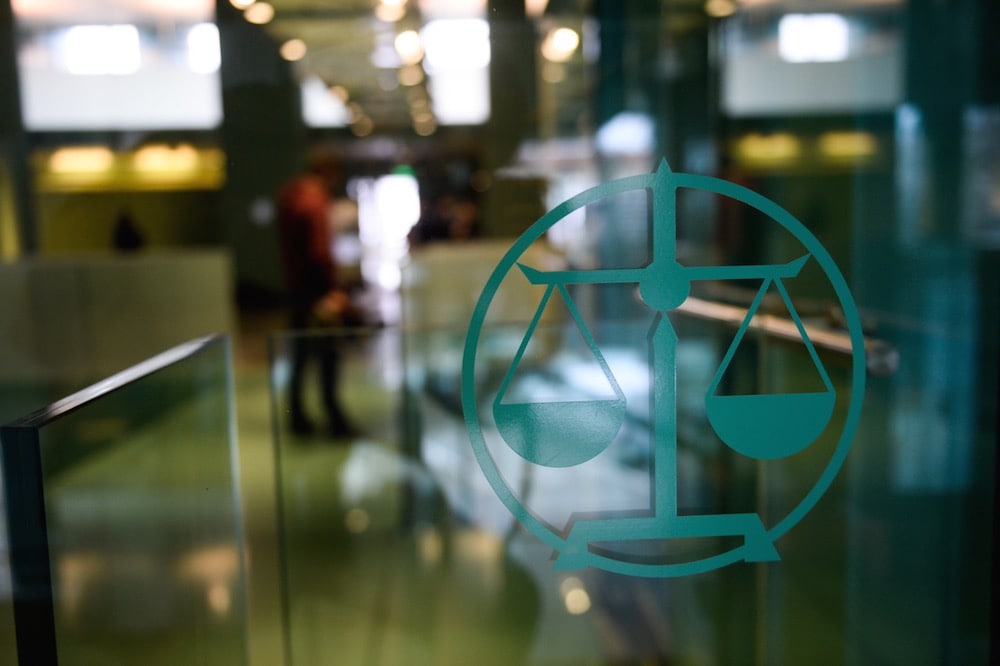A new Index on Censorship report provides a concise snapshot of the legal systems that are being abused by the powerful across Europe to intimidate and silence journalists who disclose inconvenient truths that are in the public interest.
This statement was originally published on indexoncensorship.org on 1 June 2020.
“It’s crippling,” explained Stefan Candea, a journalist and co-founder of the Romanian Centre for Investigative Journalism, when asked about the centre’s experience of being sued for its work. “It’s a major crippling of the workflow and of resources.”
Across Europe, laws are being used by powerful and wealthy individuals in the hope of intimidating and silencing journalists who are disclosing inconvenient truths that are in the public interest. These legal threats and actions are crippling not only for the media but for our democracies. Instead of being empowered to hold power to account, as is fundamental to all democratic societies, journalists face extortionate claims for damages, criminal convictions and, in some cases, prison sentences in the course of carrying out their work.
“For me it was a shock, maybe because it was the first time I was dealing with the penal code,” responded Polish investigative journalist Karolina Baca-Pogorzelska when asked about her experience of facing a criminal lawsuit. “I didn’t do anything wrong [but] at trial, I passed prisoners in handcuffs in the corridors. It broke me completely.”
In undertaking research into the scope and scale of vexatious lawsuits – or strategic lawsuits against public participation (Slapps) – against journalists and media outlets in Europe, Index hopes to help address the current dearth of information around the phenomenon. The purpose of this first report – which looks at EU states, the UK and Norway – is to provide a concise snapshot of the legal systems that are being abused in favour of the powerful, a worrying trend that we are seeing across the continent. The report is intended as a foundation for forthcoming research.
Gill Phillips, director of editorial legal services at Guardian News and Media, said: “Against the background of the growing trend in Europe of threats to reporting by using litigation as a means of inhibiting, intimidating and silencing journalists and others working in the public interest, this timely report provides succinct and helpful jurisdiction-by-jurisdiction guidance into the main legal danger areas for journalists and others.”
The law is an essential component of understanding the extent to which journalists are vulnerable to legal threats and actions. But culture, which shapes the law but is also separate from it, should also be taken into account. Although it is more difficult to analyse, it determines the extent to which society sees the media as essential to democracy, and the extent of people’s readiness to resort to law to resolve disputes.
“A lot of public officials don’t understand the media as a watchdog. They still have this old communist kind of definition of the media. They think the media should be reporting what the government does for the nation,” said Beata Balogová, editor-in-chief of the newspaper SME, as she explained the impact of culture on the media in Slovakia.
“Very often they just use a lawsuit as a way of scaring journalists or trying to discourage them from pursuing some of the reports.”
Please note you can download this report as a PDF or view it as a flipbook.



